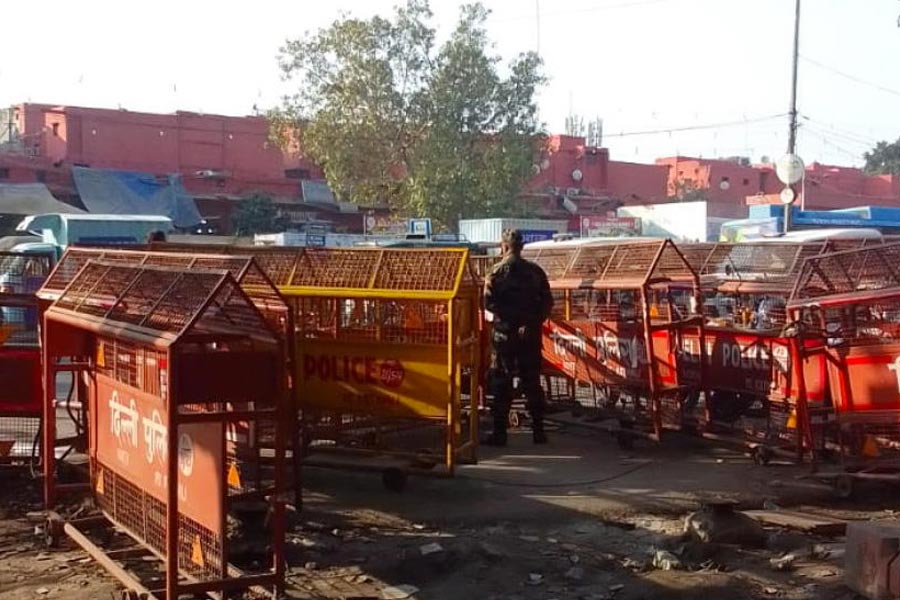Jorhat, June 8: A rescued greater adjutant stork chick that was hand-raised at the Centre for Wildlife Rehabilitation and Conservation (CWRC) near Kaziranga National Park will be released into the wild soon. The greater adjutant stork (Leptoptilus dubius) is one of the rarest of the 20 species of storks in the world. It is listed as endangered on the International Union for Conservation of Nature (IUCN) red list. There are around 800 greater adjutant storks in Assam.
“The bird is now about six months old and is doing fine. It will be set free shortly,” a CWRC vet said today.
The chick has lived a prodigious life. Just a few days after its birth, the newly hatched chick fell from its nest that was perched on a tall tree in Nagaon. It was then brought to the centre in December 2011, where a special enclosure was constructed around a tree with platforms raised at various heights for the bird to practise flying, the veterinarian said. “It is learning to fly and will be able to fend for itself within a short period,” he added.
According to experts, loss of wetland habitat, pollution and felling of tall trees that are ideal nesting grounds for these rare birds are the reasons behind their dwindling numbers in recent times.
A few years ago, a large number of storks died, after two trees in which the birds were nesting collapsed in a storm in Karbi Anglong. Experts from the CWRC rescued several birds later.
The CWRC and its satellite stations across Assam have rescued several greater adjutant storks and lesser adjutants over the past decade. Most of these birds were either fledglings that had fallen off their nests or adults injured by people or stray dogs.
Being scavengers, adjutant storks live near human habitats and depend on garbage for food. The foul smell around their nesting sites leads people to cut down the nesting trees.
“Brahmaputra valley is the stronghold of greater adjutant stork as 80 per cent of its global population is found here. People should take pride in this and protect these birds,” a CWRC expert said.
There are several success stories where the CWRC has successfully rehabilitated greater adjutant storks. The last such case was another nest-fall victim from Morigaon. The bird was admitted to the centre in January last year, it was hand-raised, nursed and released in September.
In addition to rescue and rehabilitation, WTI has also assisted the Assam forest department, collaborating with various local organisations through six rapid action projects to spread awareness among locals and protect nesting sites of these birds in various parts of the state.











